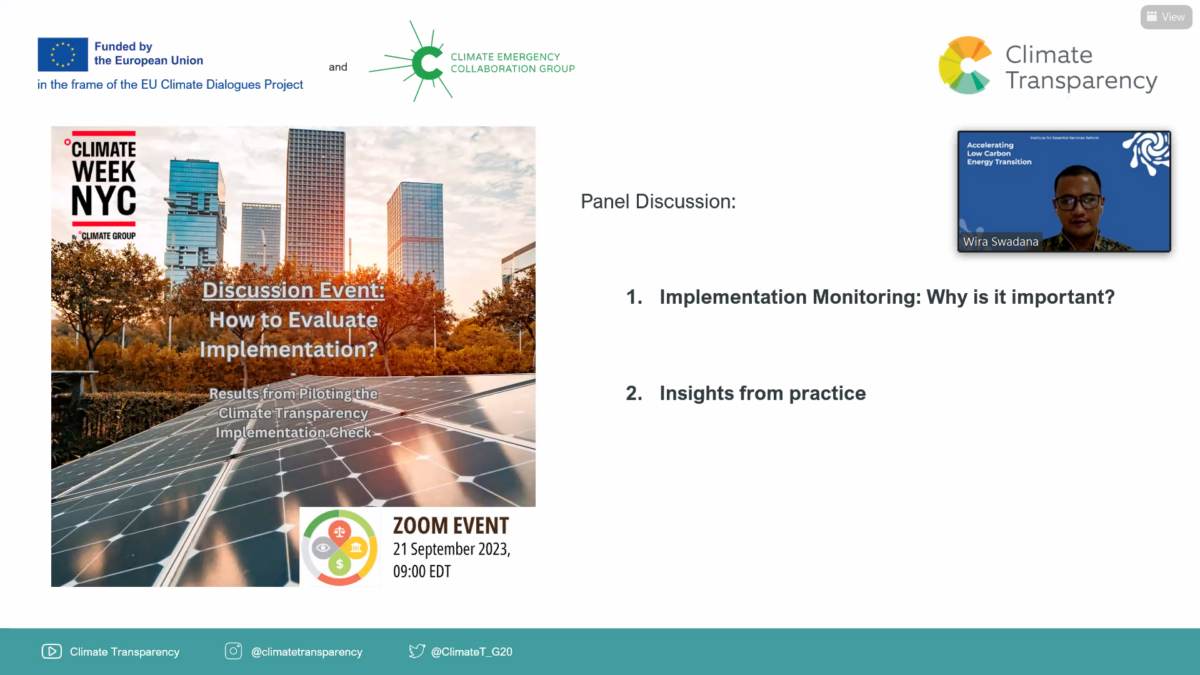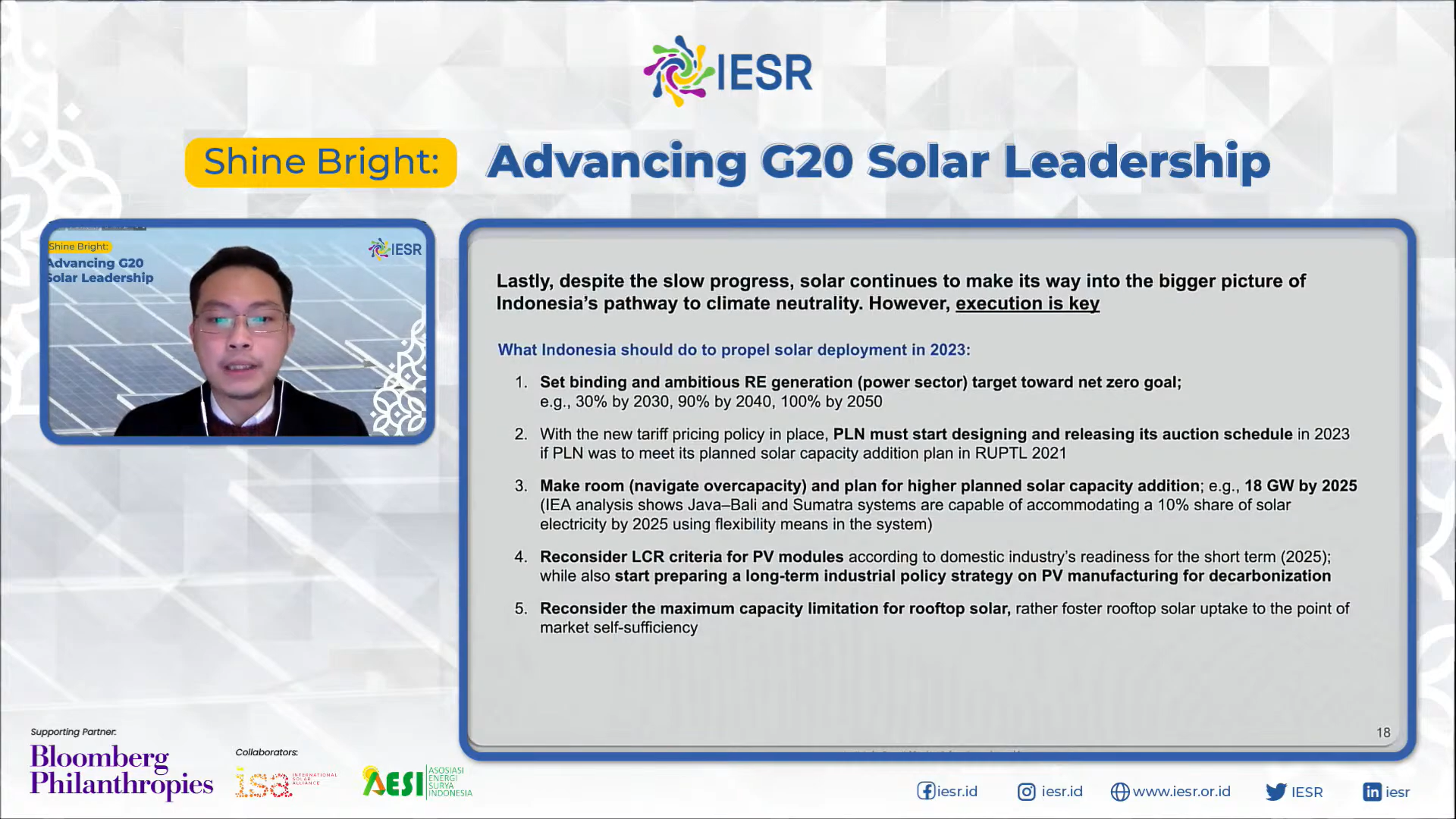New York, 21 September 2023 - The global community is urging global leaders to take serious actions to address climate change. During the COP 27 in Egypt, several countries renewed their commitment to reducing greenhouse gas emissions and achieving net zero emission status. However, there are still gaps between commitment and implementation of policy and…




